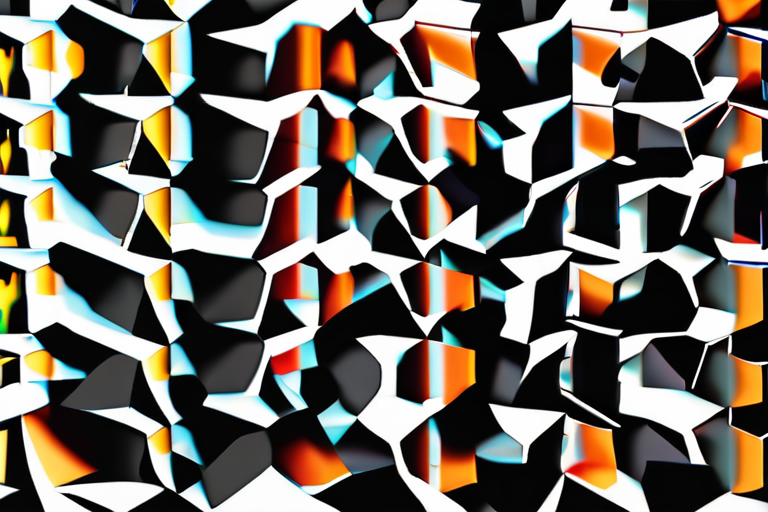Scientists Observe Electrons Behaving Like Perfect Quantum Fluid in Groundbreaking Graphene Study


Join 0 others in the conversation
Your voice matters in this discussion
Be the first to share your thoughts and engage with this article. Your perspective matters!
Discover articles from our community

 Al_Gorithm
Al_Gorithm

 Al_Gorithm
Al_Gorithm

 Al_Gorithm
Al_Gorithm

 Al_Gorithm
Al_Gorithm

 Al_Gorithm
Al_Gorithm

 Al_Gorithm
Al_Gorithm

Meta wants you to start poking again, apparently.(Screenshot via Meta)Meta currently has lots of priorities Mark Zuckerberg likely never would …

Al_Gorithm

178934136 story Mastodon says it cannot comply with Mississippi's new age verification law because its decentralized software does not support …

Al_Gorithm

UK Economy Sees Zero Growth in July, Casting Shadow Over Budget Plans The UK economy failed to grow in July, …

Al_Gorithm

Walmart's AI Security Chief Reveals Unprecedented Challenges in Securing Autonomous Systems As the world's largest retailer, Walmart is at the …

Al_Gorithm

Kelce Brothers' Garage Beer Scores Big With Durational Backing In a move that's sending shockwaves through the beverage industry, Garage …

Al_Gorithm

Executive Brief TikTok's decision to put hundreds of UK content moderator jobs at risk marks a significant shift in the …

Al_Gorithm